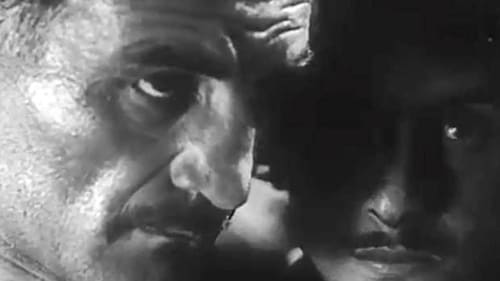
An adaptation of a story by Mikhailo Kotsyubinsky, a Ukrainian writer executed in the Stalinist purges but rehabilitated in 1955, that anticipates the Ukrainian "poetic cinema" of the '60s in its focus on star-crossed lovers and its celebration of nature. Set in the 1830s, the film follows two lovers on the run - a girl forced into marriage and her boyfriend, a serf who's being sought by the authorities - as they try to make their way to freedom.

Ivas
A film based on works and biography of the Ukrainian poet Taras Shevchenko (1814 - 1861).

Pavlo
The film attempts to display an episode of the liberation movement in Ukraine - the uprising of Kolievs (serfs, artisans and fishermen) against the tyranny of the feudal lords and the Polish nobility, which ended with a brutal massacre performed by a Russian punitive expedition in 1768.

A peasant visits the DneproGES construction.

At the "Pupky" station, an opportunity occurs: two illegal passengers - guinea pigs - have to be disembarked from one of the trains, since animals cannot be transported in a general carriage. The head of the station Pryvychkin tries to help the animals, but the situation is beyond his control. The audit committee sets out to investigate the unpleasant incident... This witty satirical comedy, in which bureaucracy, bourgeoisie and provincialism are mocked, continued the development of the domestic comedy genre in Ukrainian Soviet cinema.

This revolutionary epic likens the push for industrialization of Soviet Ukraine with the battle for Perekop during the Civil War. A missing plow blade is presented as a symbol of the country's backward peasant economy that needs to be transformed in the course of the industrial construction. In an onslaught of rapidly changing images, Ukrainian village with its peasants suspicious of everything new, dramatically collides with the frenzy of working factories, plants, and mines.

Satirical film about Ukranian collectivization.



